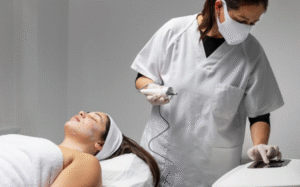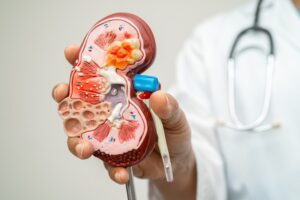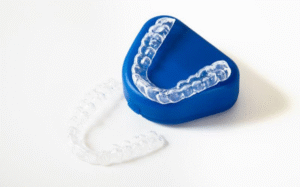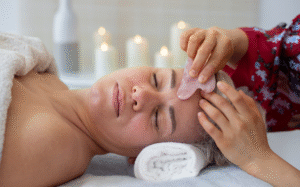Do Probiotics Improve Hair Growth?

There are numerous products on the market that are intended to encourage healthy hair. The list goes on and on, from specially made shampoos and serums to multivitamins and minerals. One of the most recent additions to this list may surprise you: probiotics. Let’s look at what probiotics are and how they relate to good hair.
To begin, what exactly are probiotics? Probiotics are a sort of yeast or live bacteria that can be found in supplements and a variety of foods. These germs keep your digestive system healthy by balancing the good and bad bacteria in your stomach. As probiotic research expands, so does the link between gut health and other aspects of the body, including hair health.
While many studies are conducted on animals, an increasing number of studies are associating the use of probiotics to microbial reinfection prevention, gastrointestinal comfort, and enhanced immunological function. These data on the immune system advantages of probiotics lend credence to their impact on hair health. How so? The functioning of the immune system has long been connected to the health of the skin and hair follicles. Furthermore, experts believe probiotics have an effect on hair development because they may help fight inflammation, reduce stress, and regulate hormones.
Certain types of probiotics, according to various research reports, may improve general hair health. Lactobacillus acidophilus is the first. Lactobacillus acidophilus is a lactic acid bacteria that is relatively common among probiotics. These “good” bacteria are responsible for glucose breakdown and bacterial proliferation. Lactobacillus acidophilus is naturally found in yogurt and many other fermented foods, so incorporating it is simple.
Bifidobacterium animalis is another frequent probiotic. This strain is known to help with digestion and good large intestine function. It may also help with hair health by reducing yeast infections, which can cause hair loss and dandruff. It can be found in dairy products as well as supplements. While taking supplements may be an easy approach to increase your probiotic intake, it is vital to consult with your doctor first. This can assist identify the correct dosage and whether there are any potential side effects owing to immune system issues.
You could substitute fermented foods for probiotic pills in your diet. These naturally occurring probiotics frequently contain short-chain fatty acids and can help improve the immune system. Miso, pickles, kimchi, tempeh, buttermilk, sauerkraut, and, of course, yogurt are all probiotic-rich foods. You could also boost their potential advantages by mixing them with foods high in prebiotics, such as soy, garlic, wheat, asparagus, and onions. This type of pairing helps to ensure that the probiotics you take survive and thrive in your stomach.
Please check the linked infographic for more information on the benefits of probiotics and their relationship to hair health.







